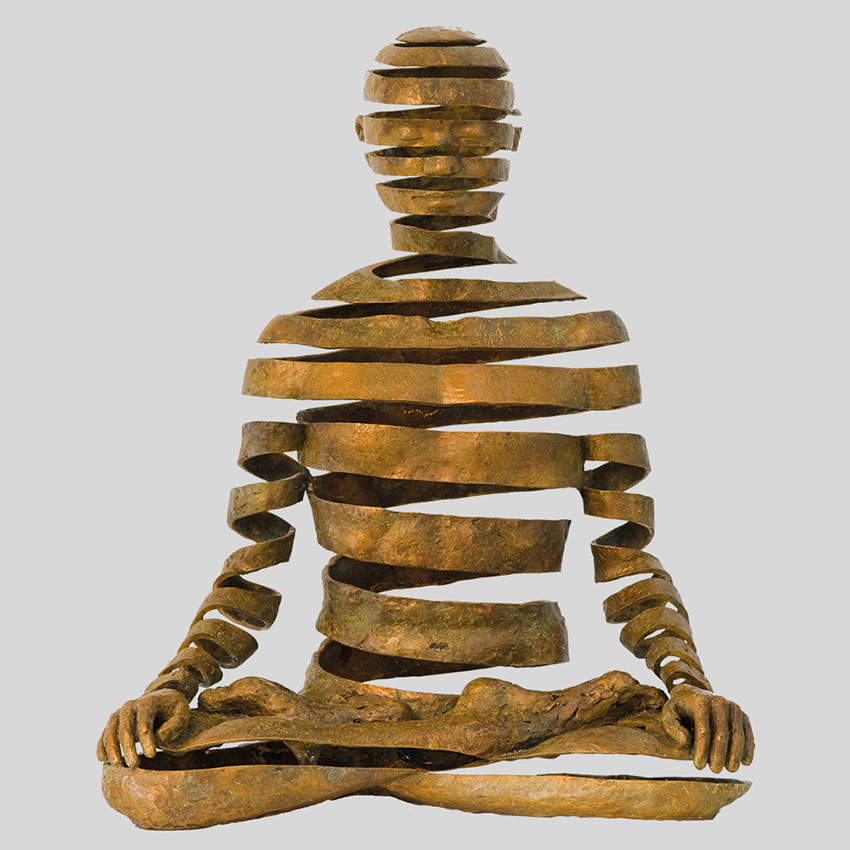
Why is defining life so frustratingly difficult? Why have scientists and philosophers failed for centuries to find a specific physical property or set of properties that clearly separates the living from the inanimate? Because such a property does not exist. Life is a concept that we invented. On the most fundamental level, all matter that exists is an arrangement of atoms and their constituent particles. These arrangements fall onto an immense spectrum of complexity, from a single hydrogen atom to something as intricate as a brain. In trying to define life, we have drawn a line at an arbitrary level of complexity and declared that everything above that border is alive and everything below it is not. In truth, this division does not exist outside the mind. There is no threshold at which a collection of atoms suddenly becomes alive, no categorical distinction between the living and inanimate, no Frankensteinian spark. We have failed to define life because there was never anything to define in the first place.
Why Life Does Not Really Exist
What do you think?
Are we just fooling ourselves thinking that life is some special property that only an object above a certain level of complexity possesses?

